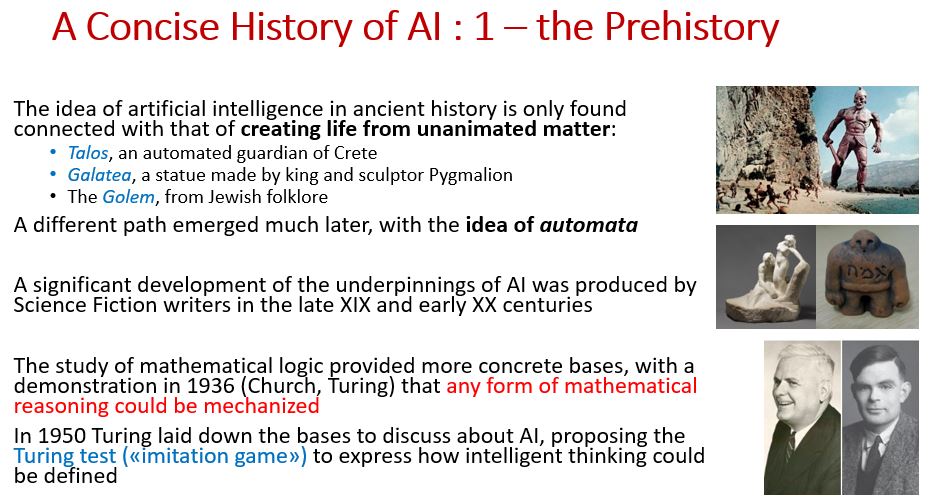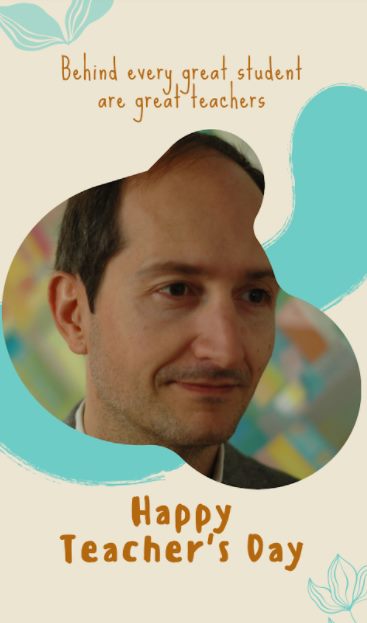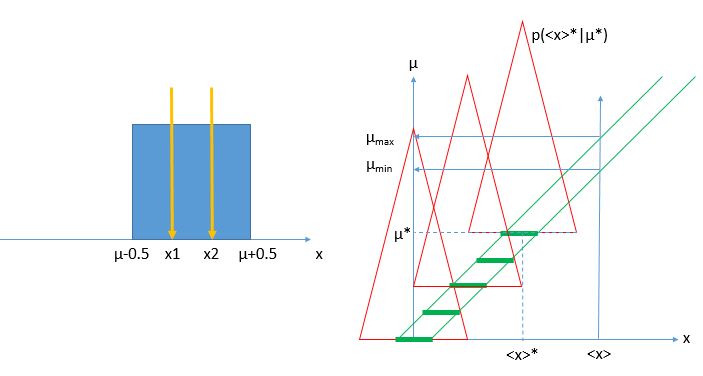The title of this post is the same of a non-technical presentation I gave today at the 2021 USERN Congress. The USERN (Universal Scientific and Education Research Network) is an organization fostering the diffusion of science, which provides prizes to researchers who distinguish themselves for their scientific advancements, and strives for science across borders. As a member of its advisory board I was invited to give a presentation in the first session of the virtual congress, which deals with human versus artificial intelligence.
In the next few days I have a busy schedule with a few lectures gravitating around the use of deep learning technologies for fundamental physics research. This is of course no news, but I thought that my blog is the proper place to list a few pointers, in case some of you is interested in following one or two of these events. After all, deep learning is all the rage these days, and even if fundamental physics is not your bread and butter, you may hopefully find useful inspiration in the kind of use cases that field provides for cutting edge applications of artificial intelligence.
This past Thursday I held a public lecture, together with my long-time friend Ivan Bianchi, on the topic of Art and Artificial Intelligence. The event was organized by the "Galileo Festival" in Padova, for the Week of Innovation.
Ivan is a professor of Contemporary Art at the University of Padova. We have known each other since we were two year olds, as our mothers were friends. We took very different career paths but we both ended up in academic and research jobs in Padova, and we have been able to take part together in several events where art and science are at the focus. Giving a lecture together is twice as fun!
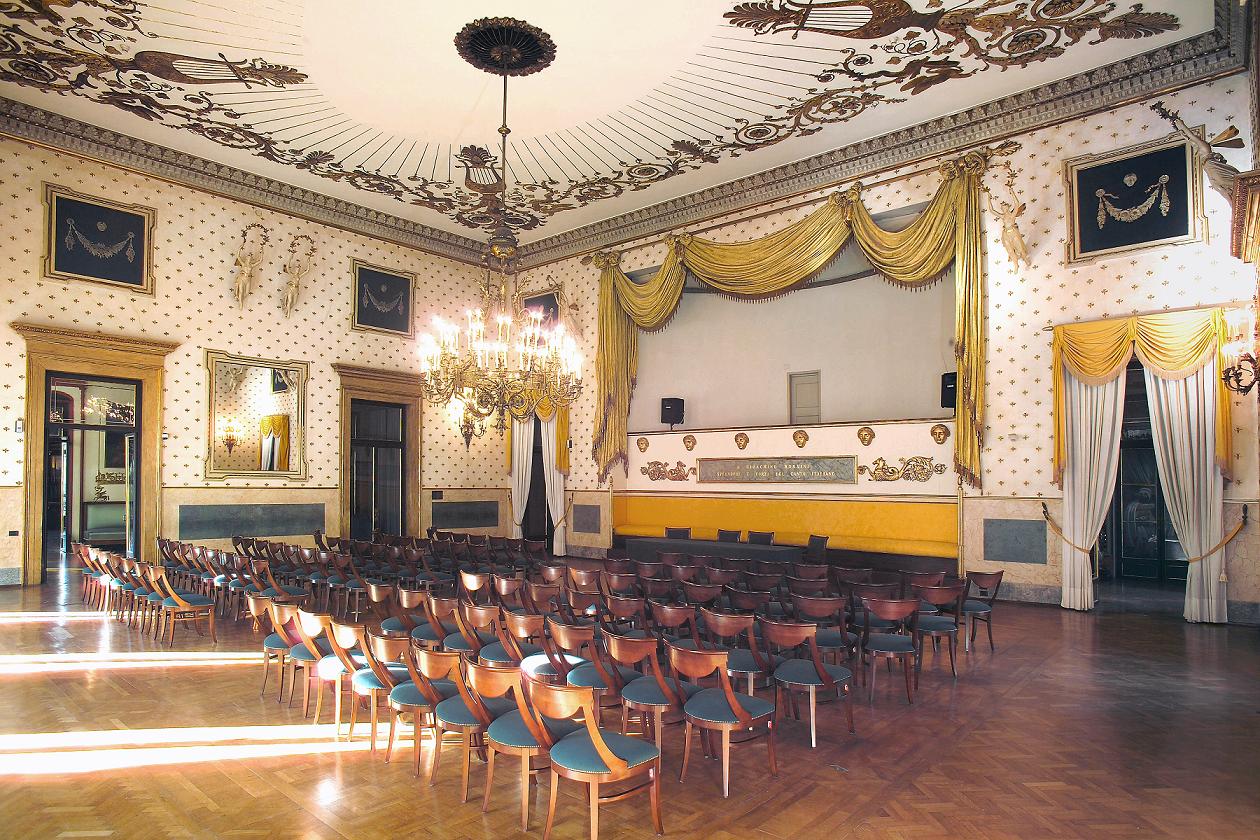
I believe oceans of ink were spent, ever since pens were a thing, writing on the mentor-student relationship, its do's and don'ts, and the consequences of deviations from proper practice. And rightly so, as the balancing act required for a proper, effective teaching action is entirely non trivial. The fact that our didactical systems and academia are in constant evolution, that rules and courses formats change over time, and that as humans we tend to forget what has been learnt in the past (on good practice, I mean), require us to keep thinking about the topic, and continue to keep the discussion alive.
I very much would like to write about the Nobel prize in physics here today, but I realize I cannot really pay a good service to the three winners, nor to my readers, on that topic. The reason is, quite bluntly, that I am not qualified to do that without harming my self-respect. Also, I never knew about the research of two of the winners.
As for the third, I do know Giorgio Parisi's research in qualitative terms, and I happen to know him personally; well, at least we are Facebook friends, as maybe 500 of his contacts can also claim - plus, he once invited me to a symposium at the Accademia dei Lincei, of which he his vice-president. And I did write about his scientific accomplishments in the past here, on two occasions.
The Corfu Summer Institute is a well-established institution for higher education, run since the paleolithic by the inexhaustible George Zoupanos, the soul of the whole thing. Generations of physicists have been trained in doctoral schools and conferences there over the past few decades. Of course the beauty of the island, set in the Ionian sea and green from the top of its mountains to the blue sea below, has helped to keep the events there well-attended, and even during the pandemic the events have been run in person.
 On A Roll
On A Roll When The Attack Plays Itself
When The Attack Plays Itself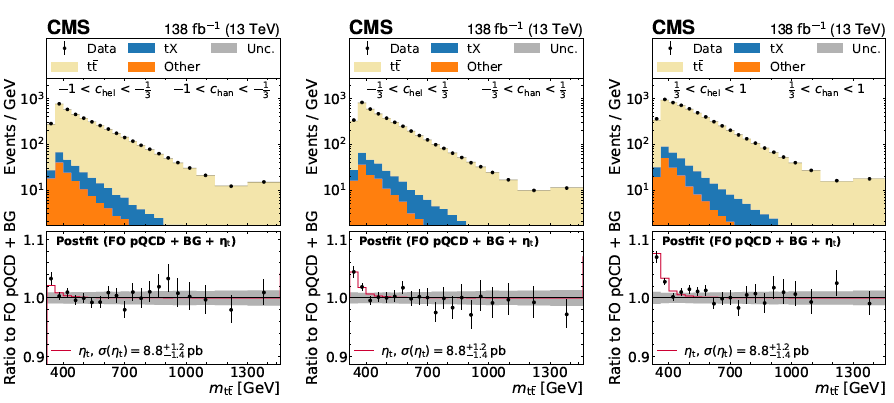 Toponium Found By CMS!
Toponium Found By CMS!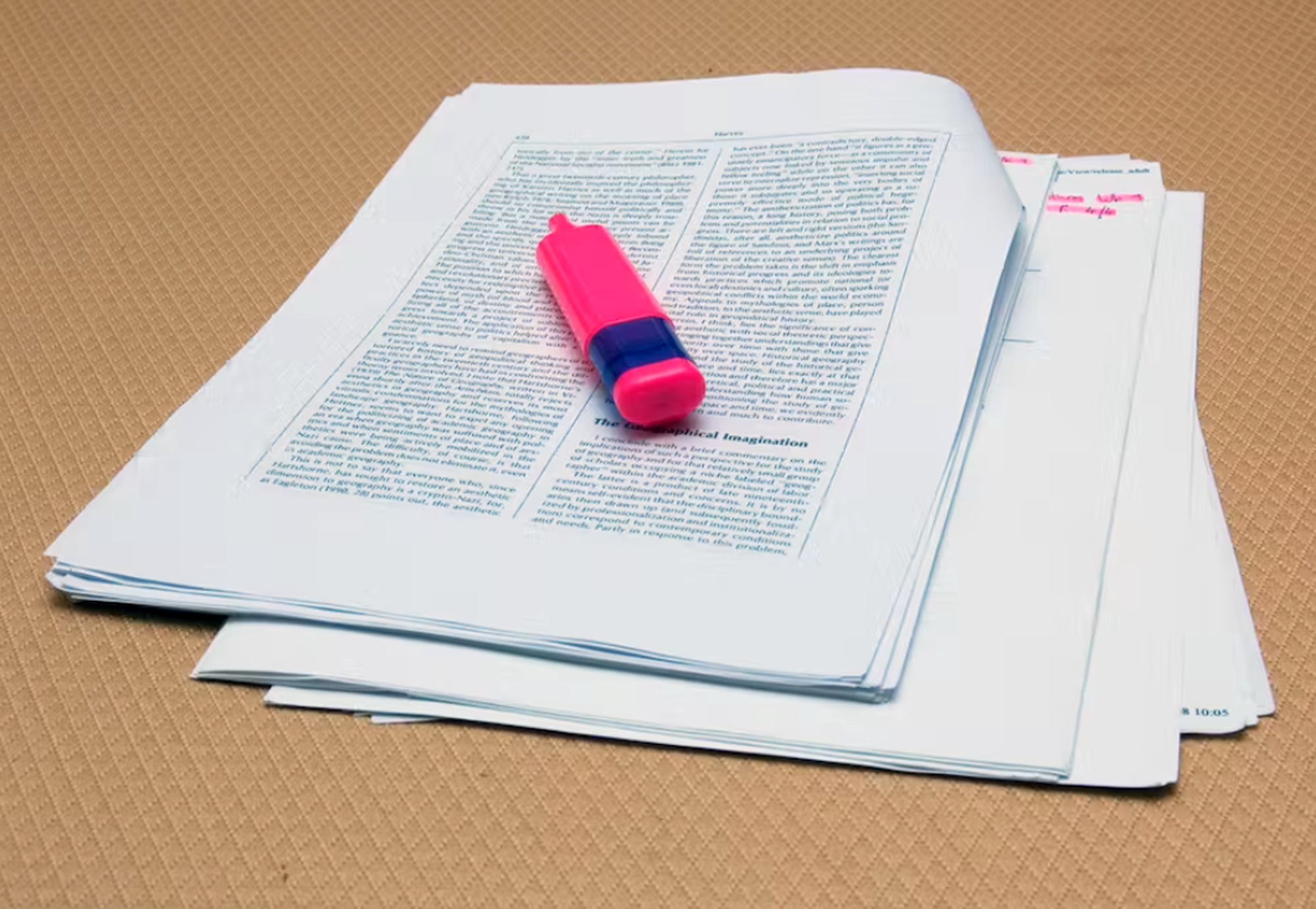 The Problem With Peer Review
The Problem With Peer Review


